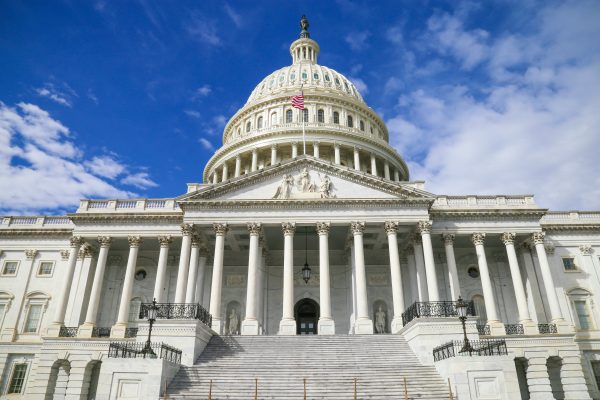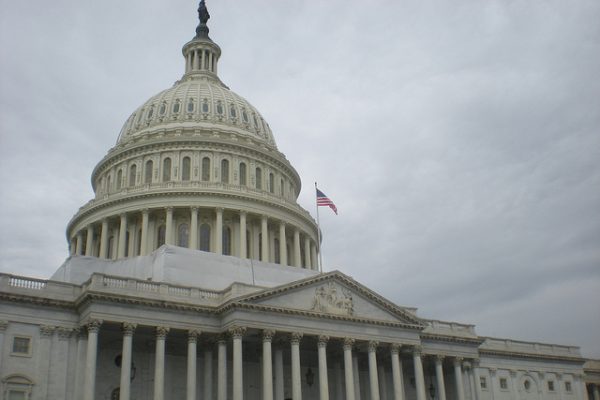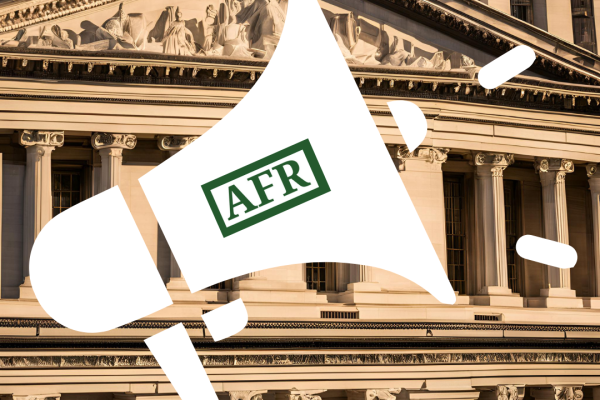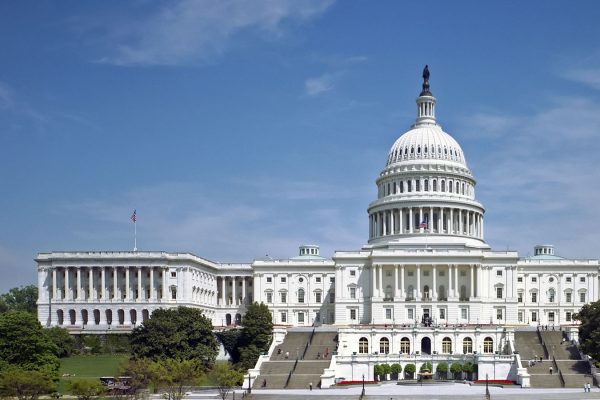Fact Sheet: Slashing CFPB Budget to Fund Tax Cuts for Billionaires Would Gut the Agency, Increase Ripoffs and Fraud, and Let Financial Predators off the Hook
The Republican Congress has proposed severe budget cuts to the CFPB that prevents the agency from fulfilling its statutory mandates to protect people. The attempt to shut down the CFPB protects powerful banks, predatory lenders, and tech billionaires instead of standing up for people all to help pay for tax cuts for the rich.








